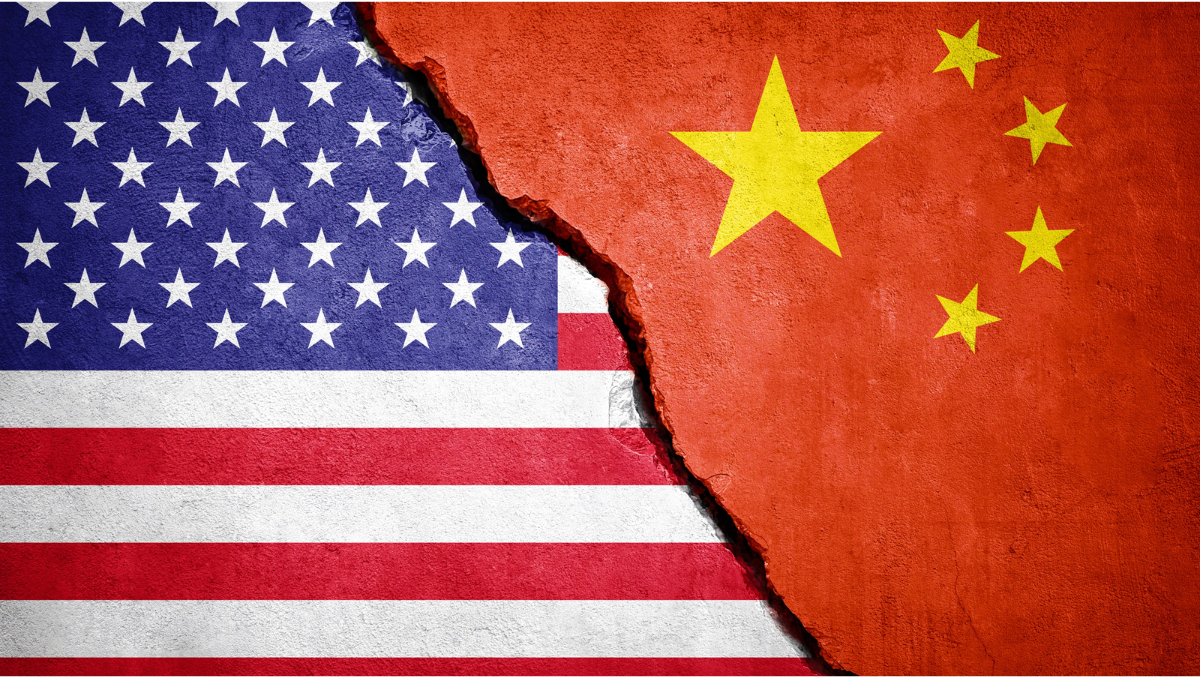Chinese Firms Strategize to Avoid US Tariffs
Amid the ongoing trade tensions between the United States and China, Chinese companies are seeking new strategies to mitigate the impact of US tariffs. Recently, several Chinese firms have turned their attention to Malaysia, seeking assurances that their operations in the country will help them avoid the punitive tariffs imposed by the US. This move highlights the broader trend of companies looking to relocate parts of their supply chains to Southeast Asia to circumvent trade barriers.
The recent meetings between Chinese firms and Malaysian officials, reported in multiple reports, underscore the strategic importance of Malaysia as a potential hub for Chinese businesses aiming to maintain their competitive edge in the global market. These discussions are particularly focused on ensuring that products manufactured or assembled in Malaysia are not subjected to the high tariffs currently affecting goods exported directly from China to the US.
Relocating to Malaysia
Malaysia’s strategic location and well-developed infrastructure make it an attractive destination for Chinese companies seeking to relocate parts of their production. The country offers a favorable business environment, including various incentives for foreign investors, which further enhances its appeal. Additionally, Malaysia’s membership in the Association of Southeast Asian Nations (ASEAN) provides access to a larger regional market, offering further economic benefits to relocating firms.
The Edge Malaysia highlights that Chinese firms are particularly interested in leveraging Malaysia’s trade agreements and its relatively lower labor costs compared to China. These factors can help reduce overall production costs and improve profit margins, offsetting some of the financial pressures caused by US tariffs. By establishing manufacturing bases in Malaysia, Chinese companies aim to label their products as “Made in Malaysia,” thereby qualifying for different tariff treatments when exporting to the US.
Malaysia Welcomes Chinese Investment Amid Tariff Concerns
In response to the growing interest from Chinese firms, the Malaysian government has been proactive in providing the necessary assurances and facilitating smooth transitions for these companies. According to the Business Standard, Malaysian officials have engaged in detailed discussions with Chinese business representatives to address their concerns and outline the benefits of relocating to Malaysia.
The Malaysian Investment Development Authority (MIDA) has been at the forefront of these efforts, offering various incentives and support measures to attract foreign investment. This includes tax holidays, grants, and assistance with regulatory compliance. These measures are designed to make Malaysia an even more attractive destination for Chinese companies looking to evade US tariffs and maintain their market share in North America.
Moreover, Malaysia is committed to ensuring that its trade policies and practices align with international standards, providing further confidence to foreign investors. By reinforcing its position as a reliable and business-friendly environment, Malaysia aims to become a key player in the shifting landscape of global trade.
Southeast Asia’s Growing Role in Global Trade
The relocation of Chinese manufacturing operations to Malaysia has broader implications for global trade dynamics. This trend reflects the ongoing adjustments within global supply chains as companies seek to mitigate risks associated with geopolitical tensions and trade barriers. The US-China trade war has accelerated these shifts, prompting businesses to diversify their production bases and reduce reliance on any single country.
For Malaysia, the influx of Chinese investment could lead to significant economic benefits, including job creation and increased industrial activity. However, it also presents challenges, such as the need to ensure adequate infrastructure and resources to support the growing number of foreign enterprises. Balancing these opportunities and challenges will be crucial for Malaysia as it navigates its role in the evolving global trade environment.
Furthermore, the shift of manufacturing bases to Malaysia and other Southeast Asian countries could impact global supply chain configurations, potentially leading to more regionalized production networks. This might alter the competitive landscape, with new hubs emerging as key players in various industries.
